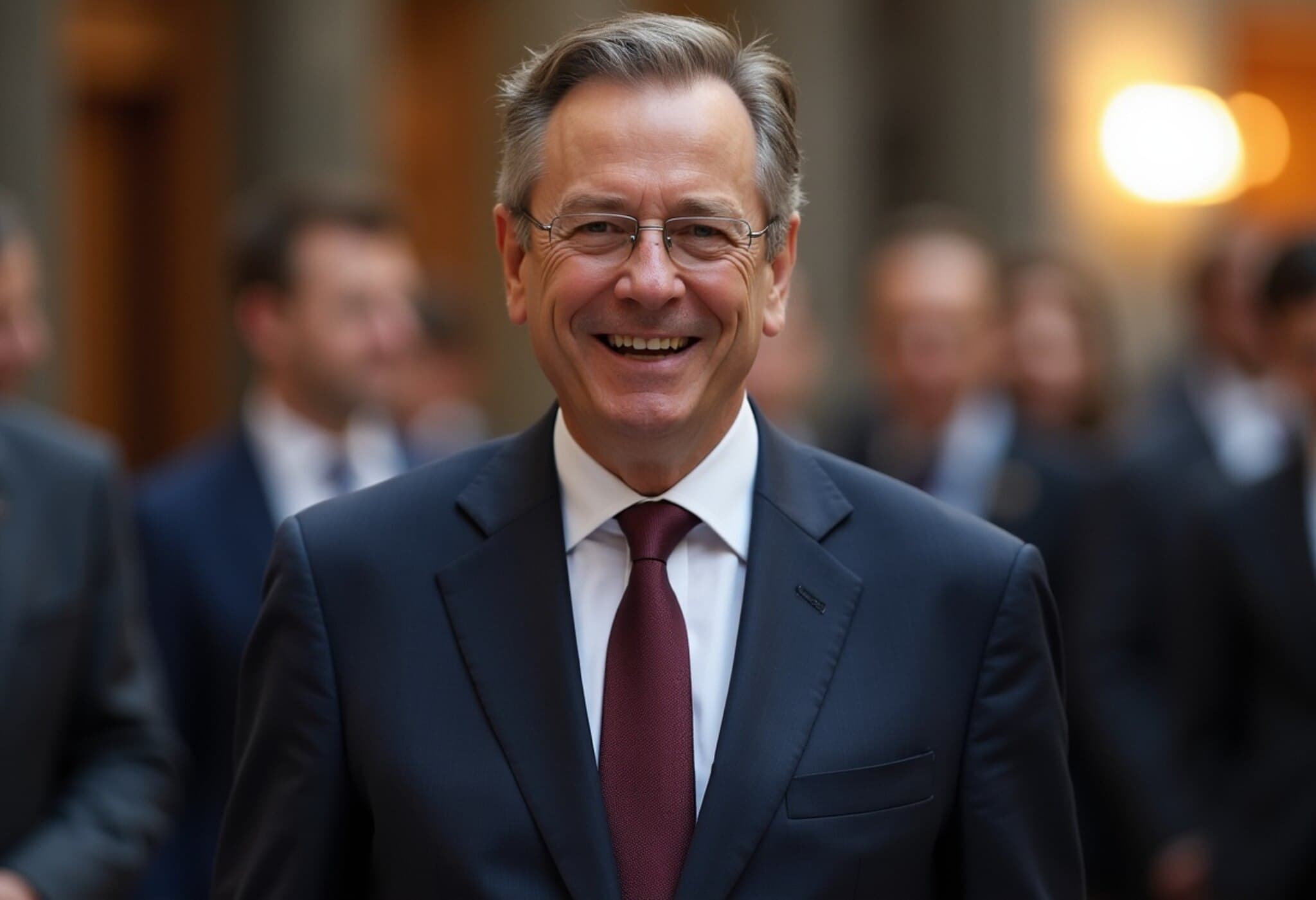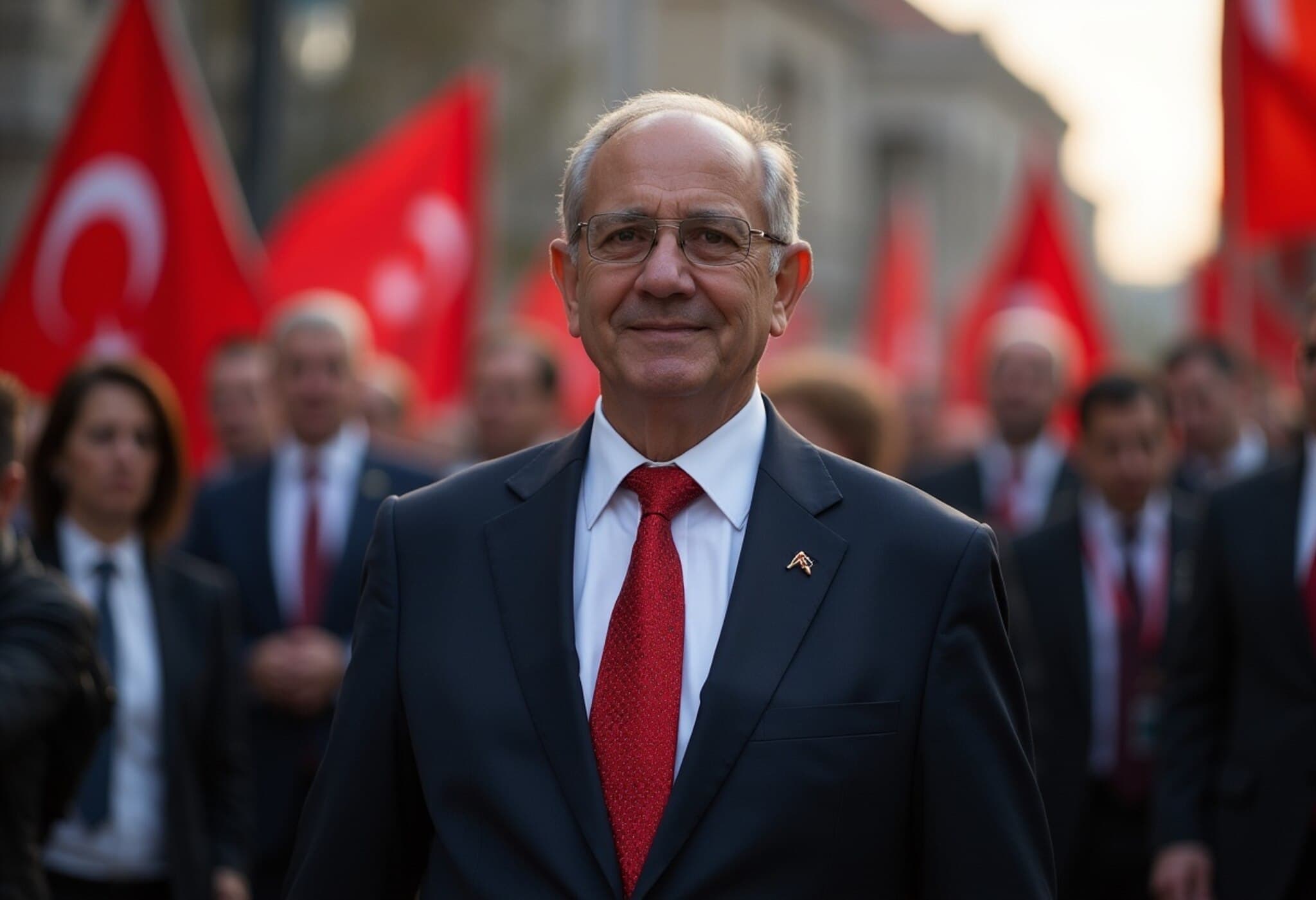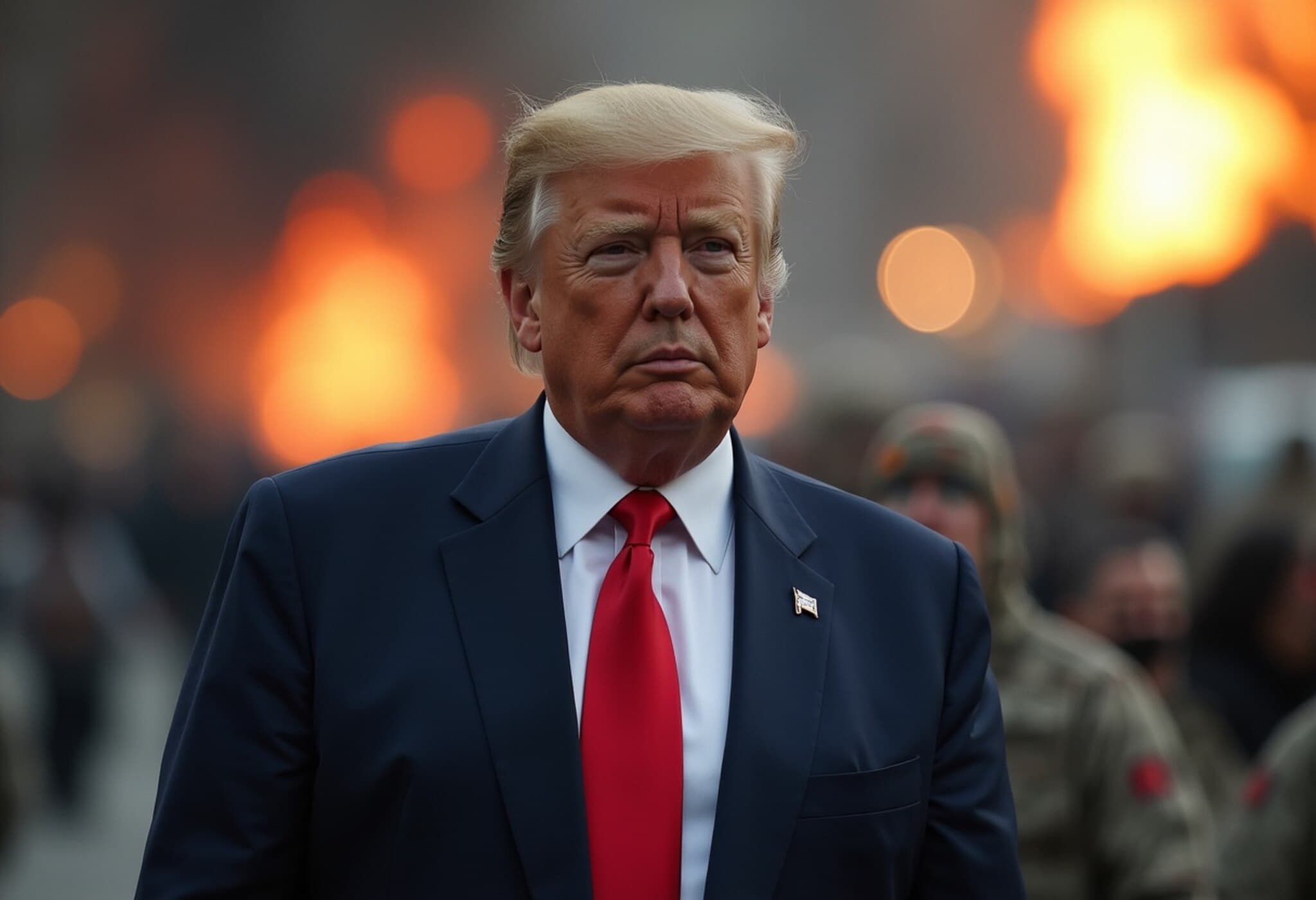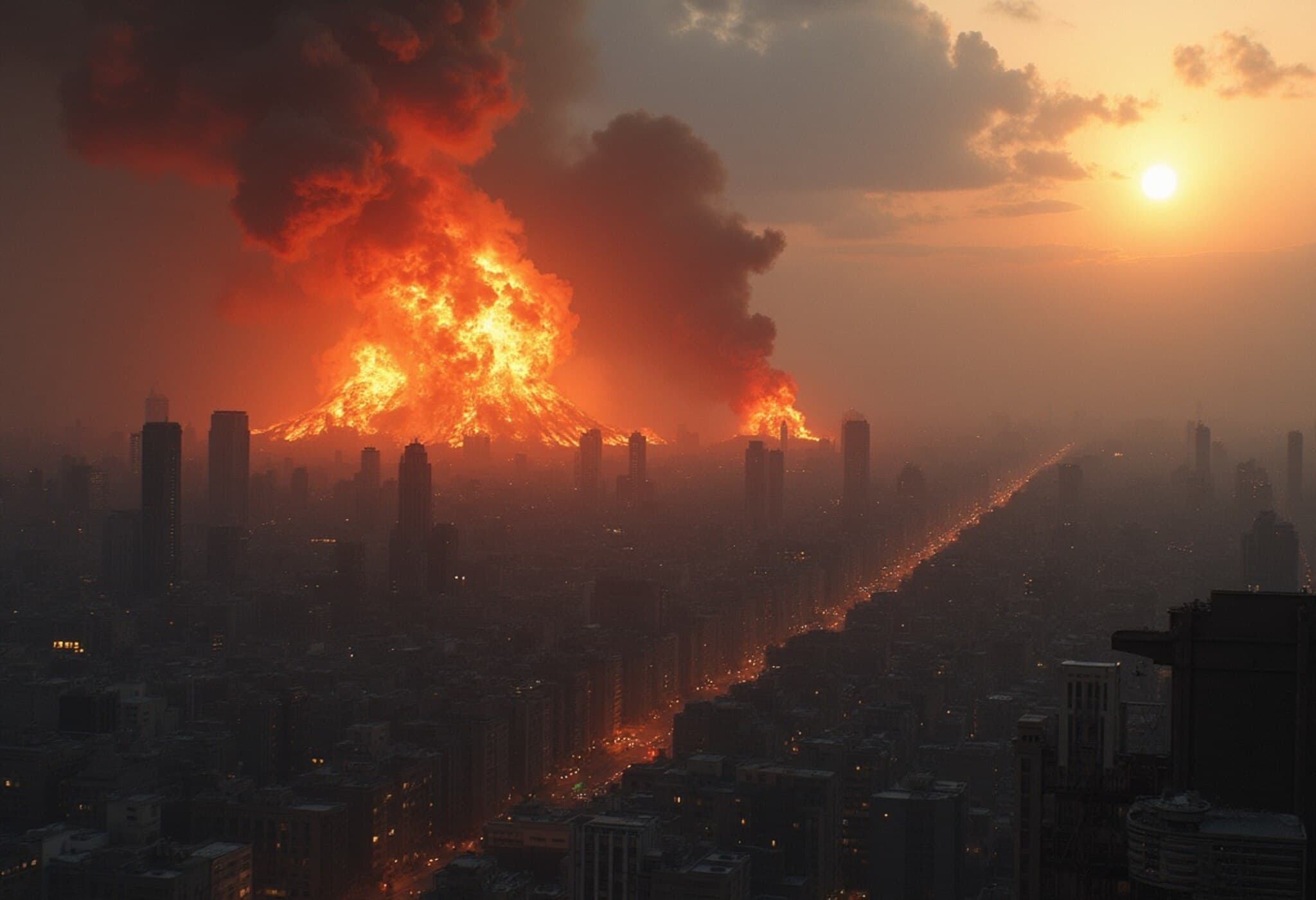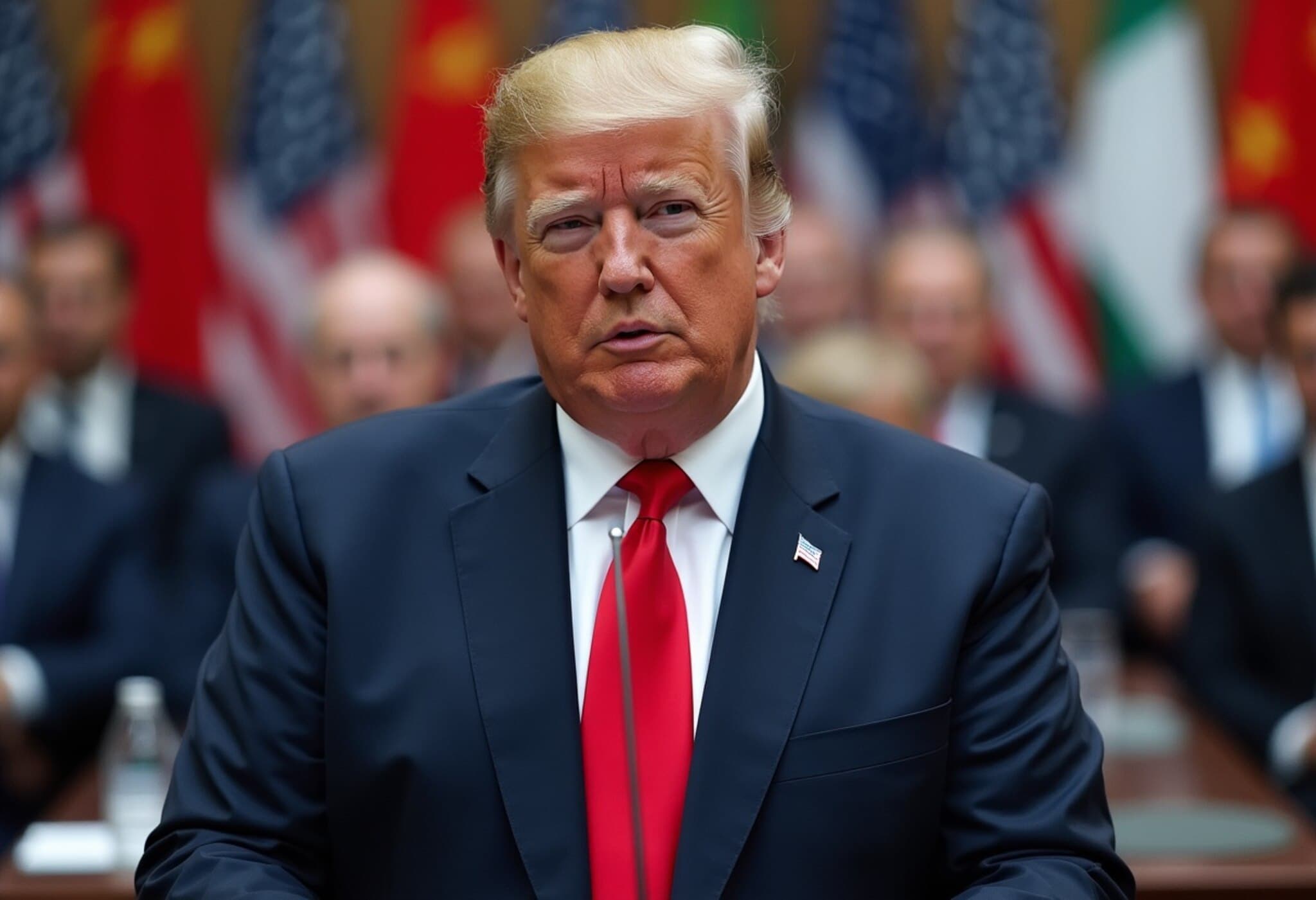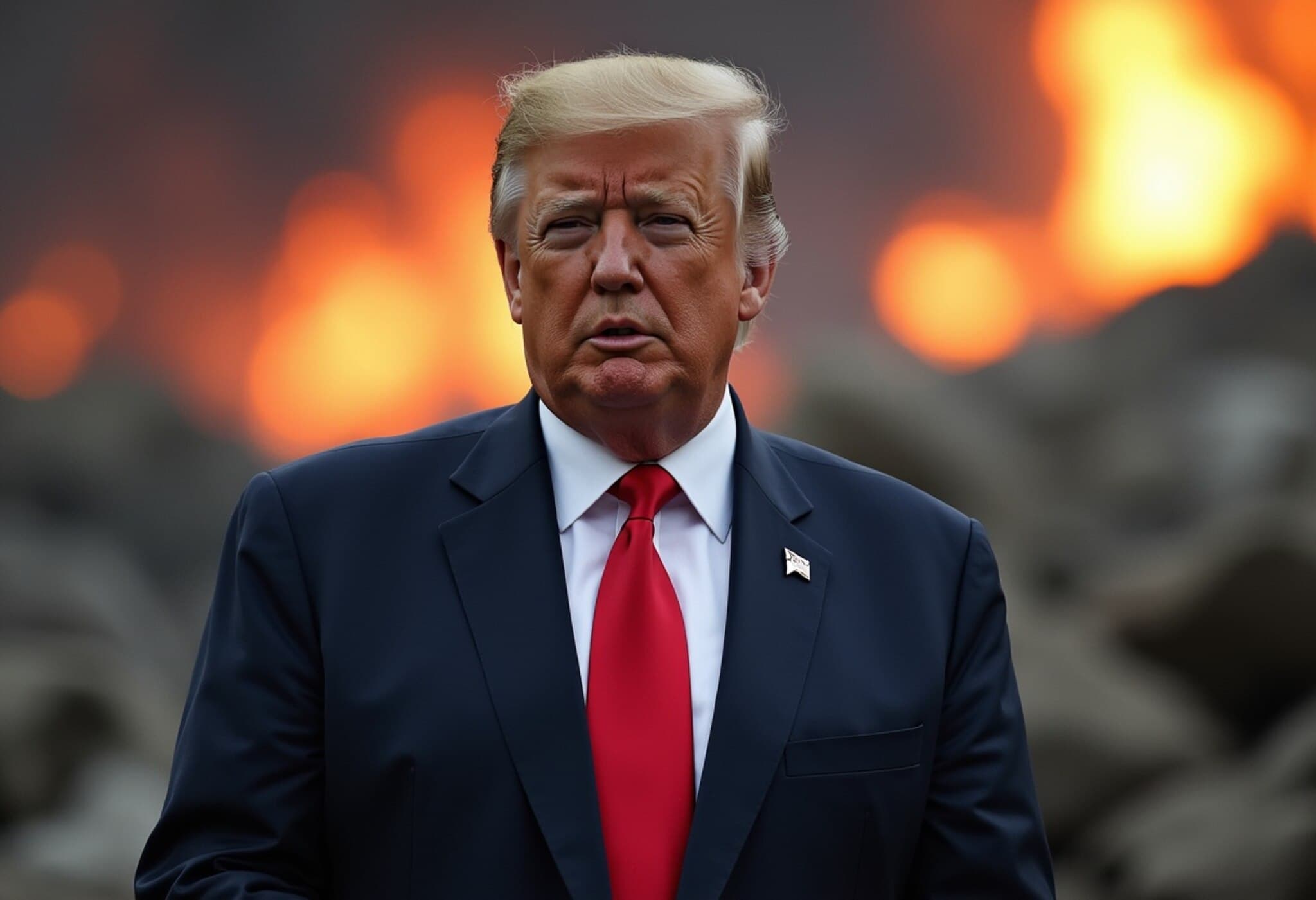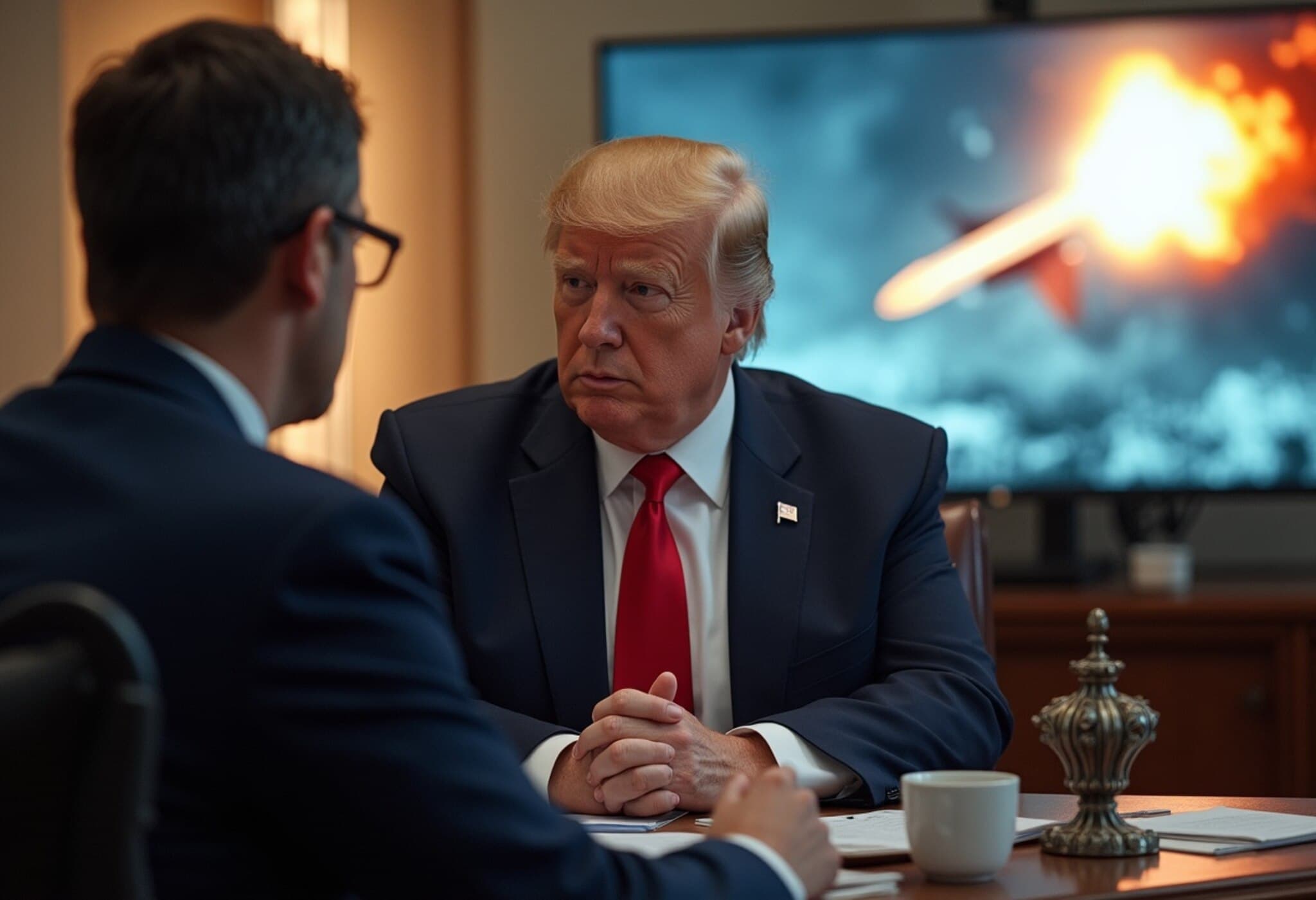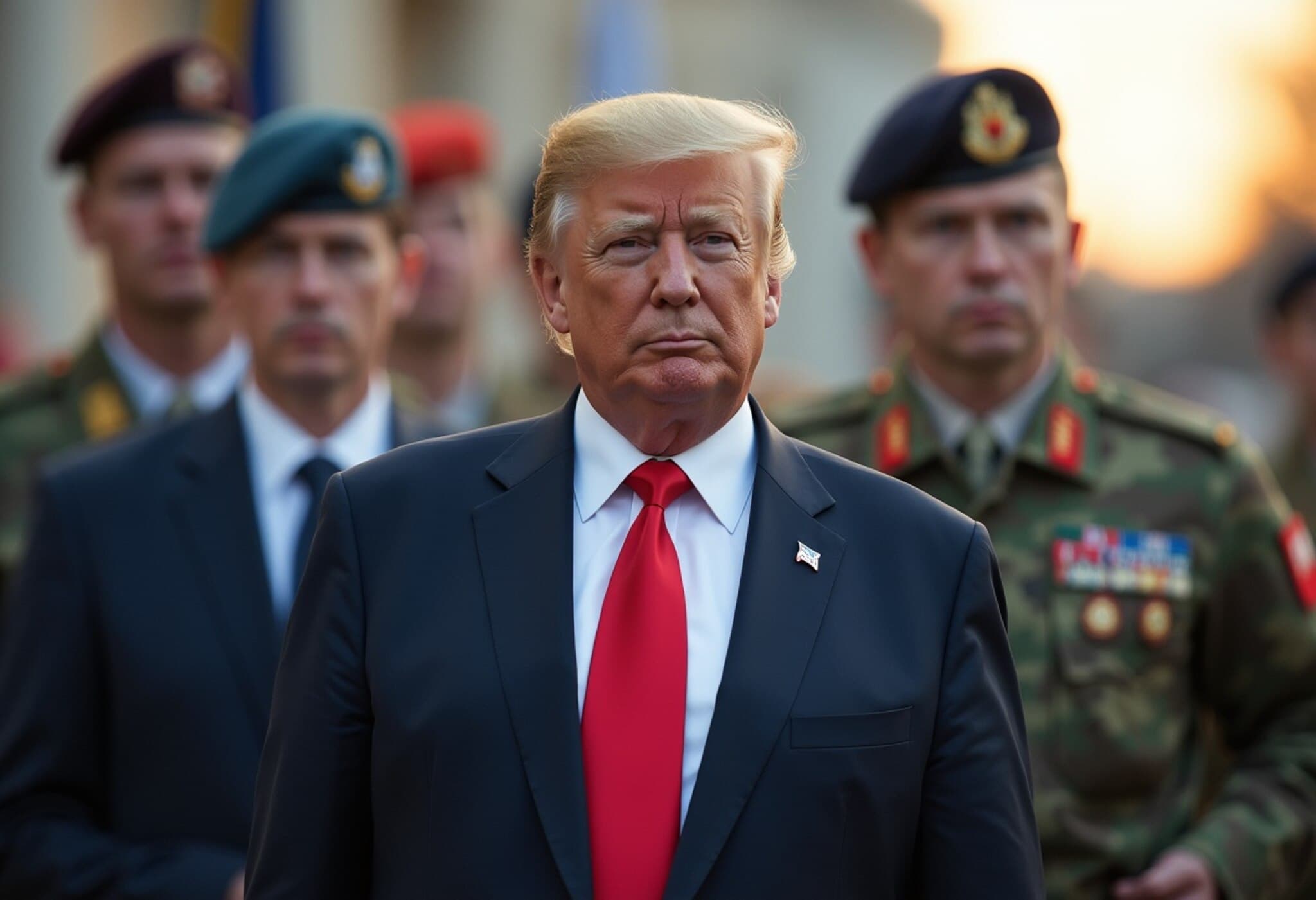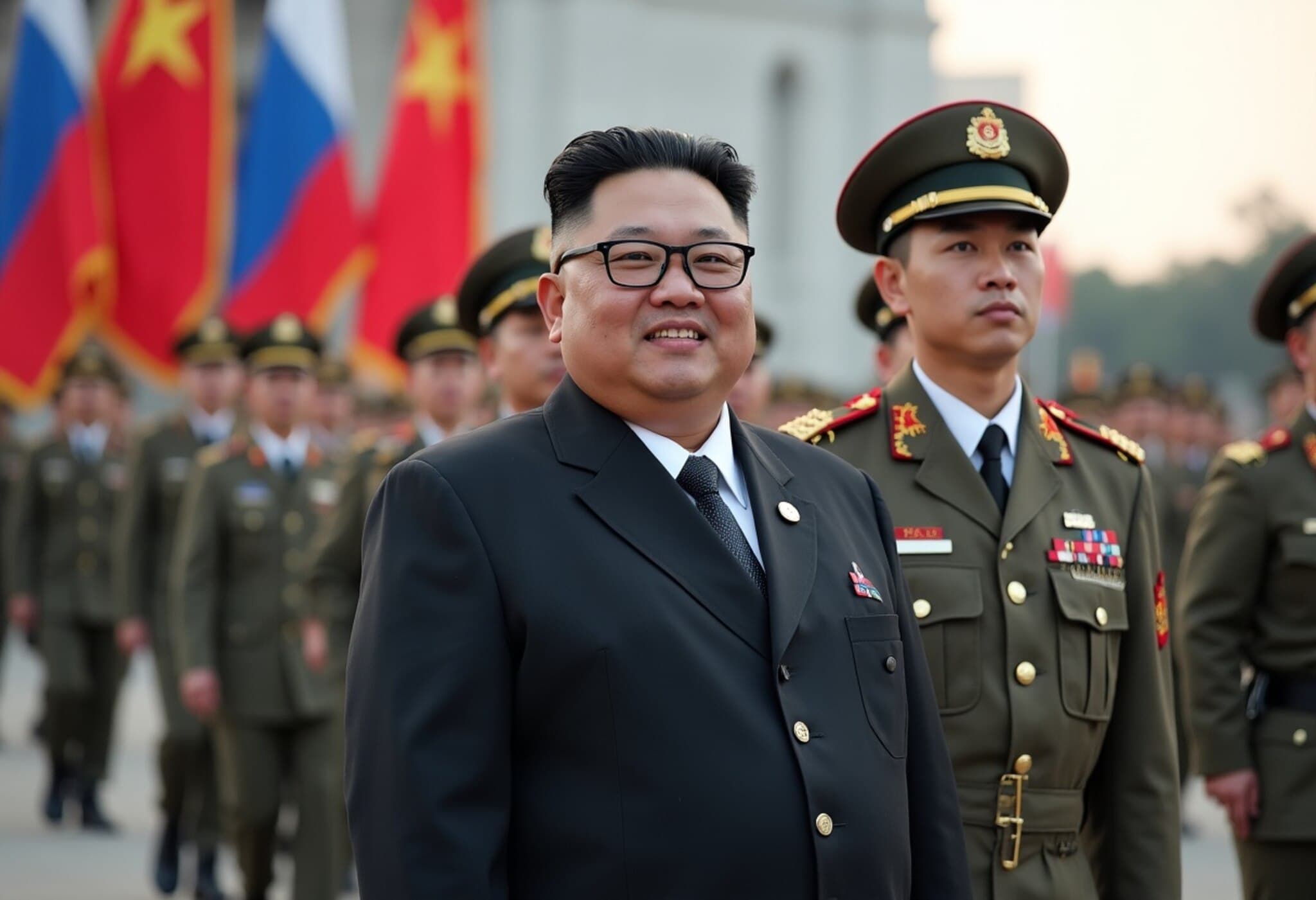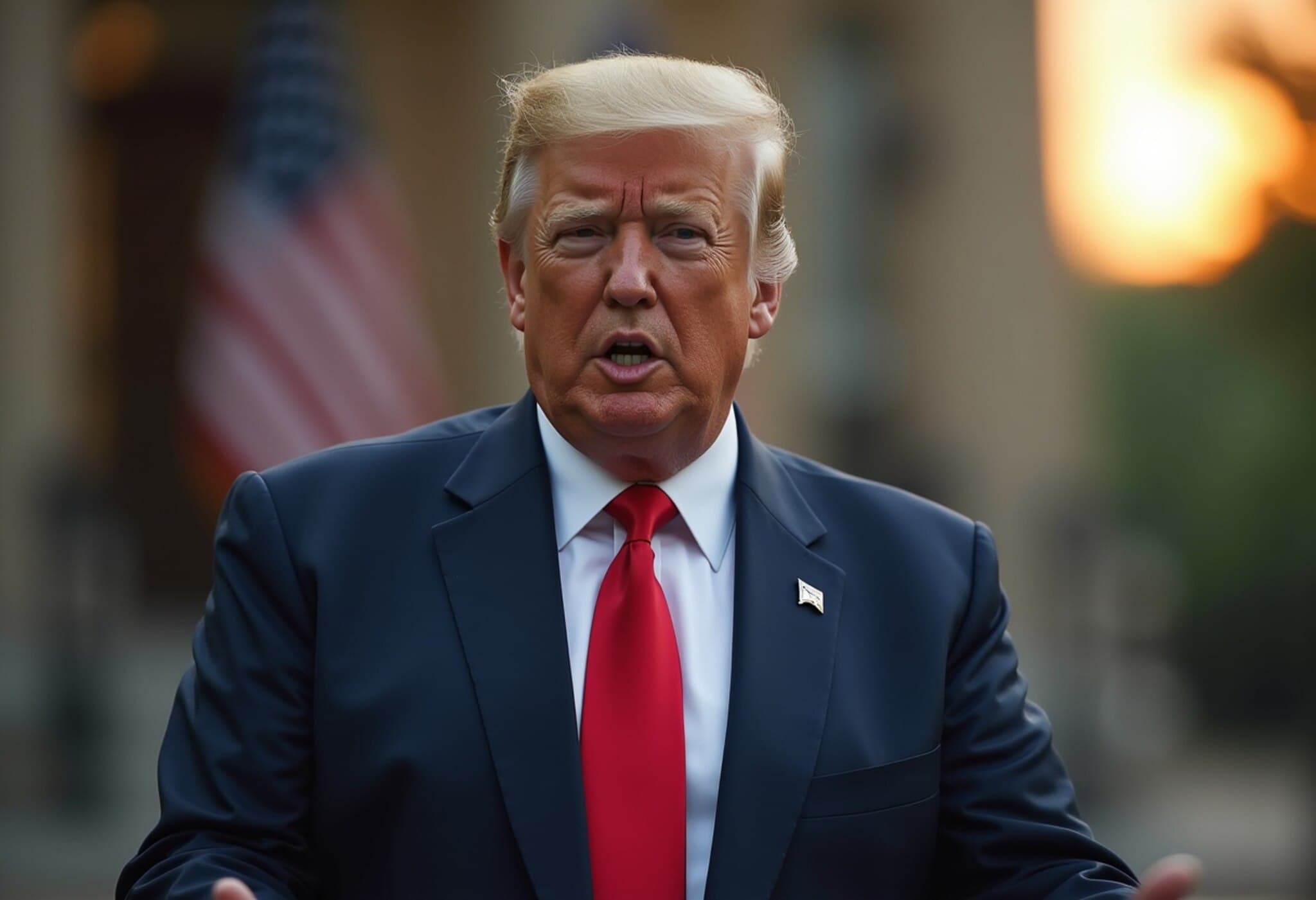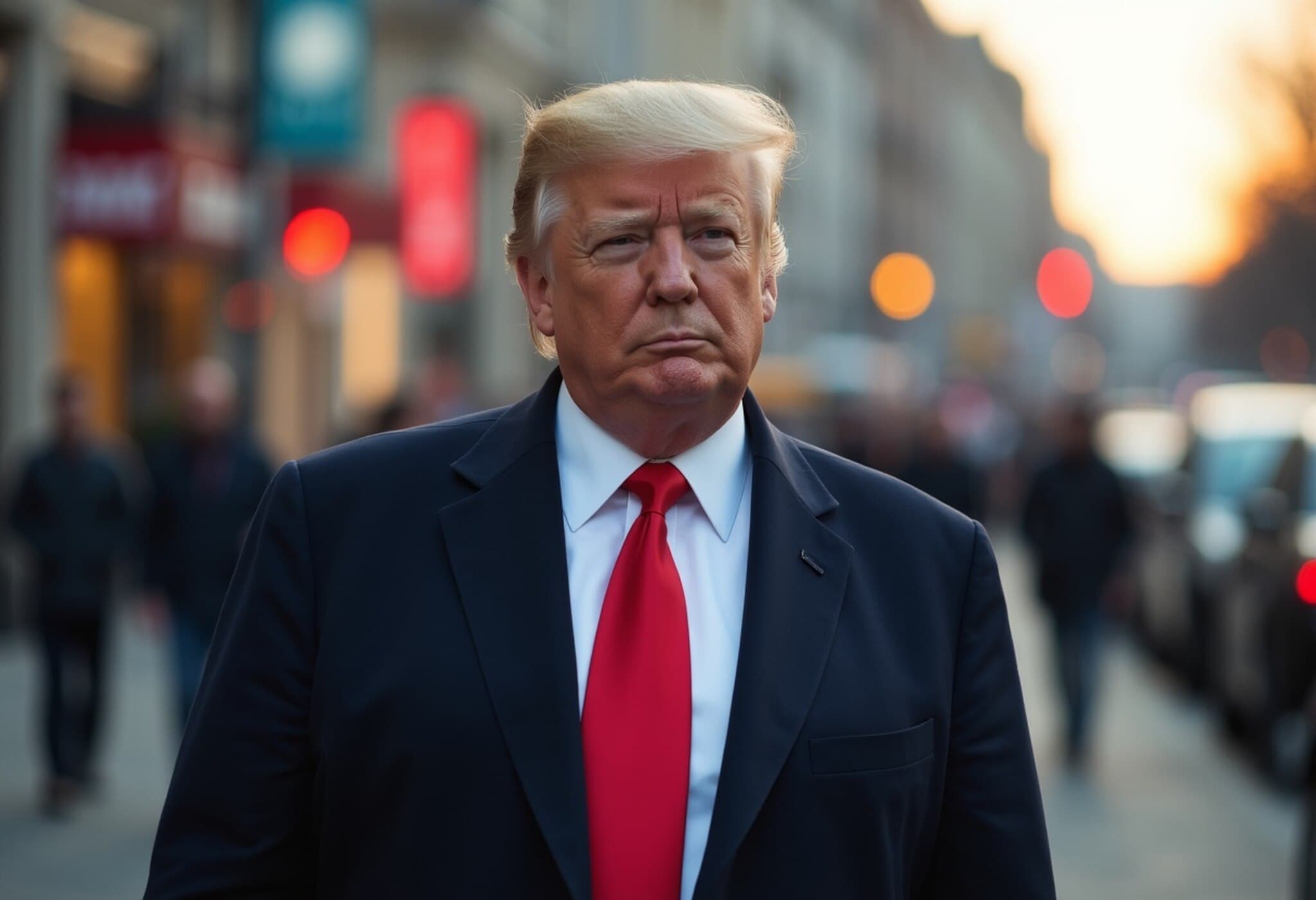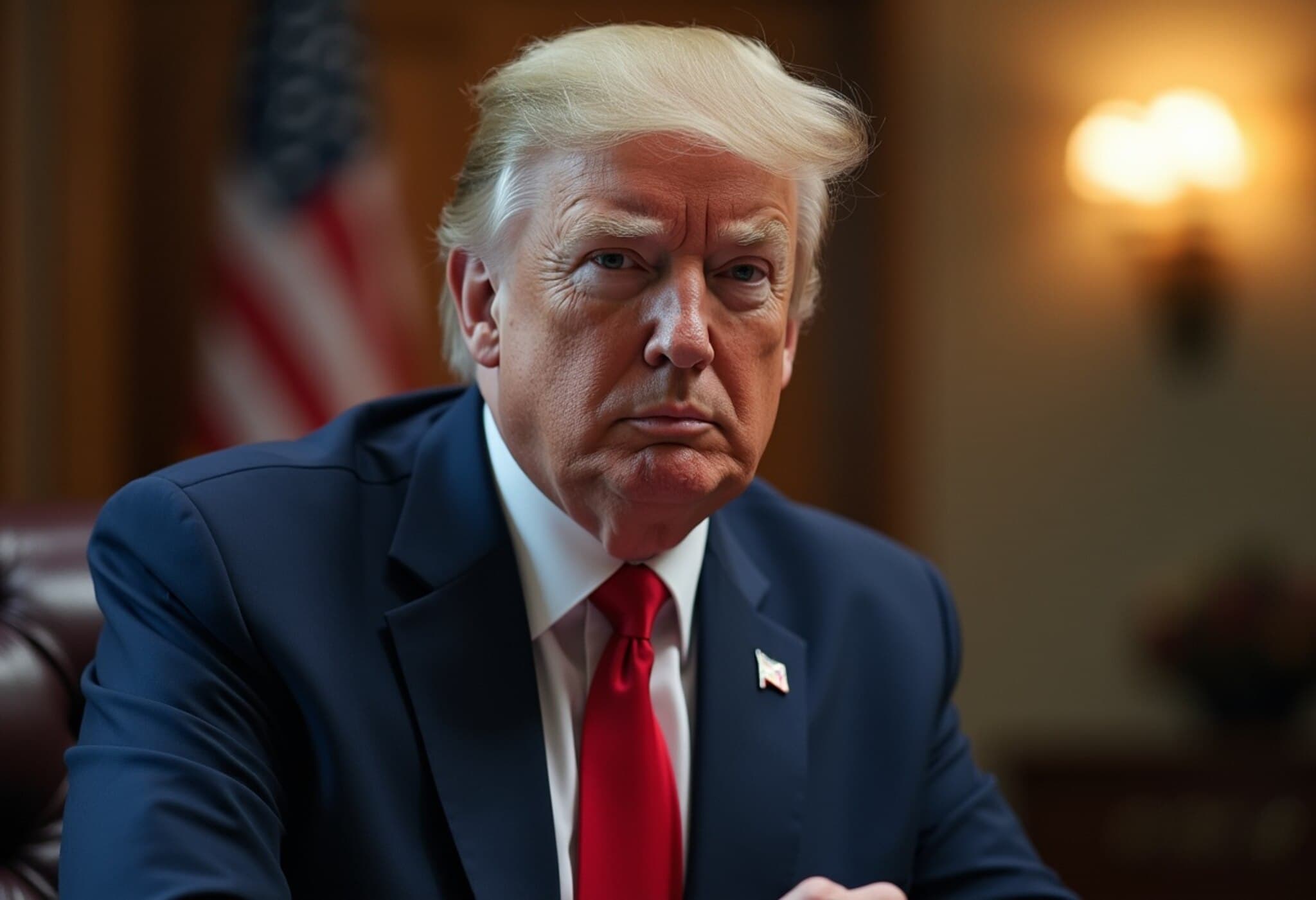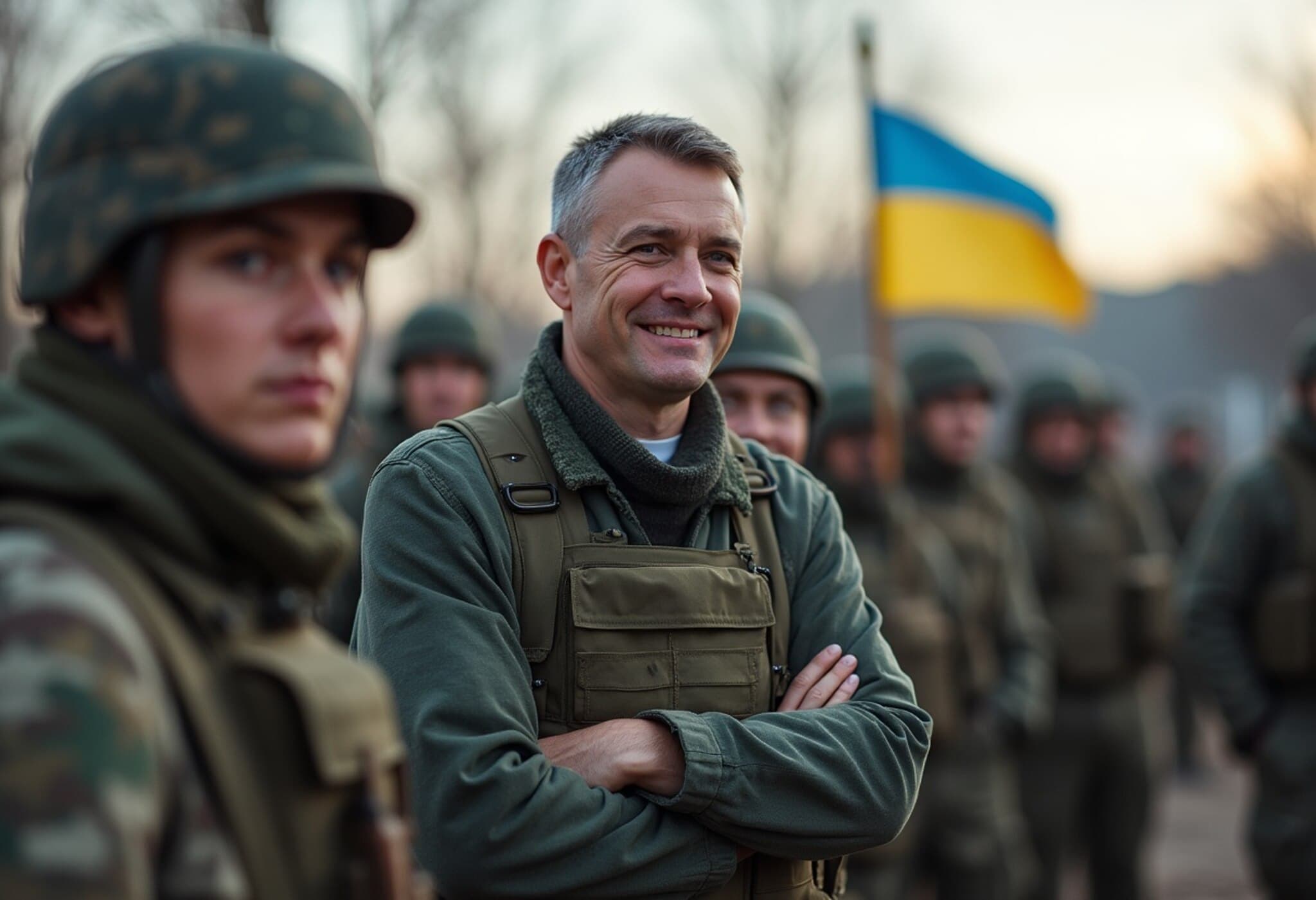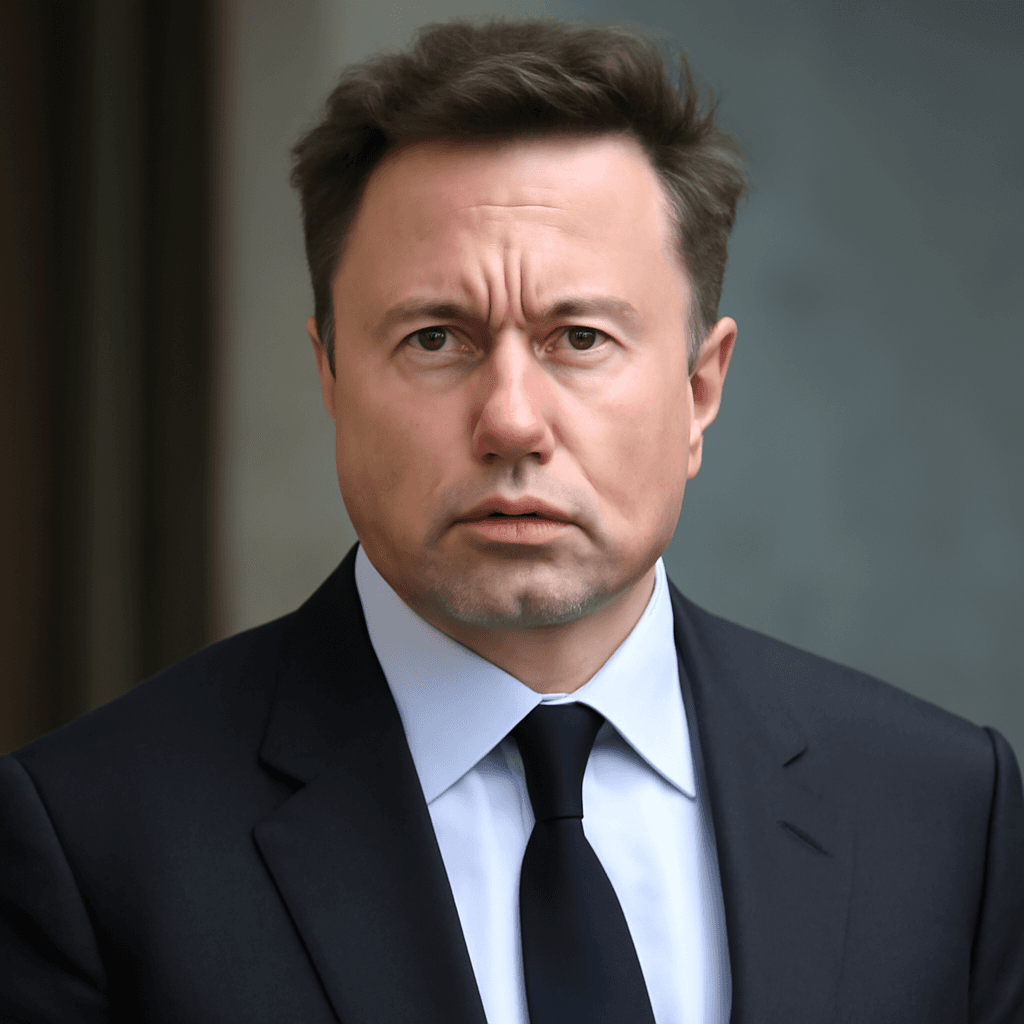Russian Politician Lev Shlosberg Arrested Over Ukraine War Comments
Lev Shlosberg, a prominent opposition figure in Russia, was detained on Tuesday and charged with discrediting the Russian military. The arrest follows his public condemnation of Russia's invasion of Ukraine, where he described the conflict as a "bloody chess game."
Background of the Arrest
The 61-year-old politician made the controversial remarks during a video debate in January, urging for an immediate end to the war. "We must first stop killing people," Shlosberg stated. "If we achieve peace, we will regain freedom." His comments reportedly triggered the criminal case against him.
Authorities conducted searches at both his residence and the office of his political party, Yabloko, located in Pskov near the Estonian border. Following this, Shlosberg was placed in pre-trial detention, with a court hearing scheduled for Wednesday.
Legal Implications and Political Climate
If found guilty, Shlosberg faces up to five years in prison under a law enacted shortly after Russia's 2022 invasion of Ukraine. This legislation has been widely used to suppress dissent. Notably, Shlosberg and his wife have previously been fined for similar charges.
As one of the few opposition politicians remaining in Russia, his arrest underscores the tightening grip on dissent. Many opposition leaders have fled the country, fearing persecution. The death of Alexei Navalny last February in a remote penal colony highlights the risks facing Kremlin critics.
Past Challenges and Current Trials
A decade ago, Shlosberg was removed from his seat in the Pskov regional assembly after exposing the burial of Russian paratroopers, allegedly killed in a secret mission in eastern Ukraine. Currently, he also faces a separate trial relating to alleged violations of Russia’s "foreign agents" law, which targets individuals accused of engaging in politically subversive activities funded from abroad.
What’s Next for Shlosberg?
With a court hearing imminent, Shlosberg’s fate will be closely watched as a barometer for the state of political freedom in Russia. His case is emblematic of the risks opposition politicians endure when challenging the Kremlin’s narrative on the Ukraine conflict.
Stay informed with the latest updates on this developing story.


